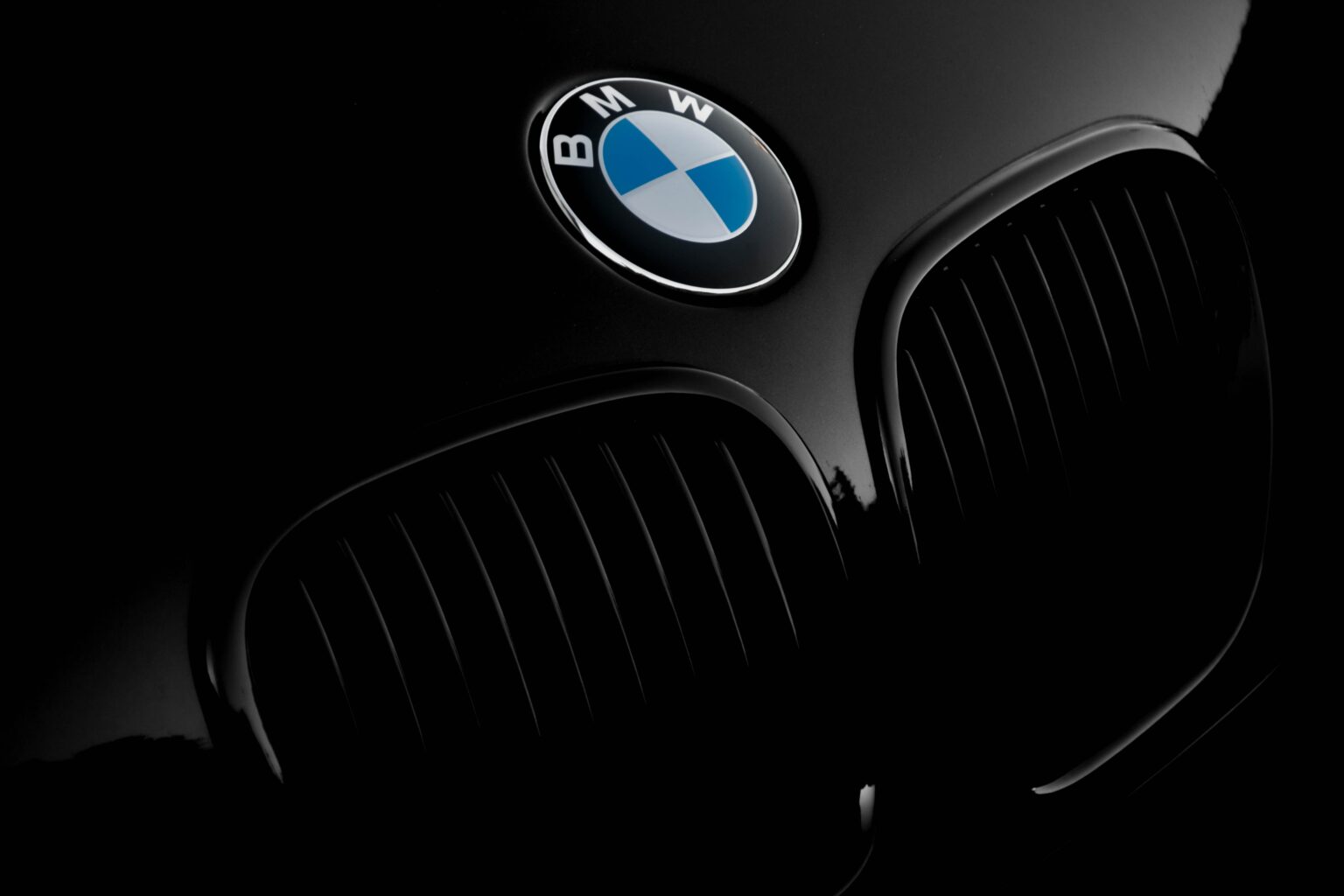Automobile giant BMW plans to bring a hydrogen fuel cell vehicle into series production by 2028. This decision represents a significant step towards diversifying energy sources in the automotive sector.
The Advantages of Hydrogen Technology
BMW has been exploring hydrogen fuel cell technology for many years. Hydrogen fuel cells offer several advantages over traditional electric batteries. They can be refueled in minutes, unlike electric cars that charge for hours. Additionally, hydrogen fuel cells provide longer driving ranges and produce only water as a byproduct, making them environmentally friendly.
BMW’s Environmental Commitment
The move aligns with BMW’s overarching goal to reduce its carbon footprint. The automobile manufacturer has set ambitious targets to make its entire lineup more sustainable. By incorporating hydrogen technology, BMW aims to offer customers a more comprehensive array of eco-friendly vehicles.
Challenges Ahead
Despite the attractiveness of hydrogen technology, there are significant hurdles to its widespread adoption. Infrastructure is critical; hydrogen refueling stations are sparse compared to electric charging stations. Additionally, the production of green hydrogen, which is produced through eco-friendly processes, is still in its infancy and requires substantial investment.
BMW’s Strategic Partners
To overcome these challenges, BMW is collaborating with several strategic partners. These partnerships aim to streamline production processes and develop the necessary infrastructure. Collaborations with energy companies are also crucial to ensure a stable supply of green hydrogen.
Market Readiness
For the new hydrogen fuel cell model to be commercially viable, BMW will focus on markets more prepared for hydrogen technology. Regions with a planned or existing hydrogen infrastructure will likely see the early launch of this innovative vehicle.
